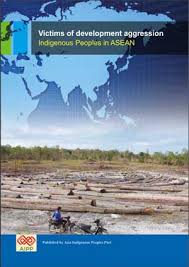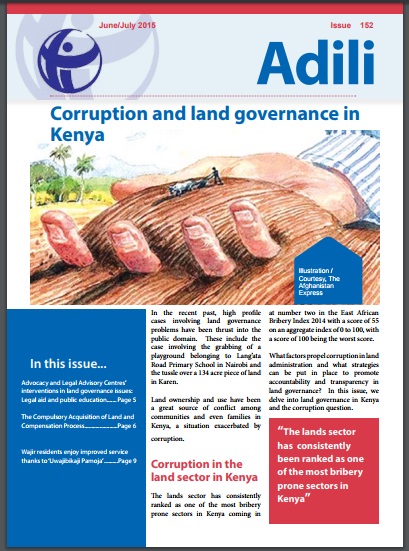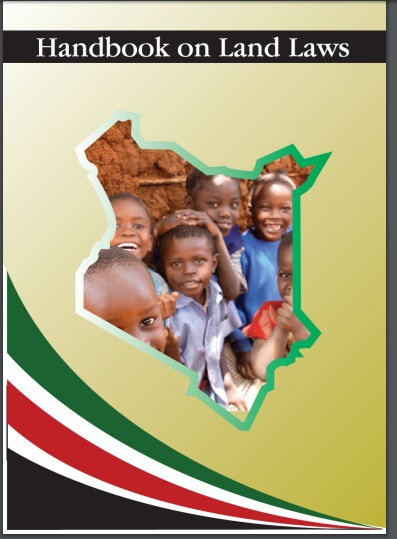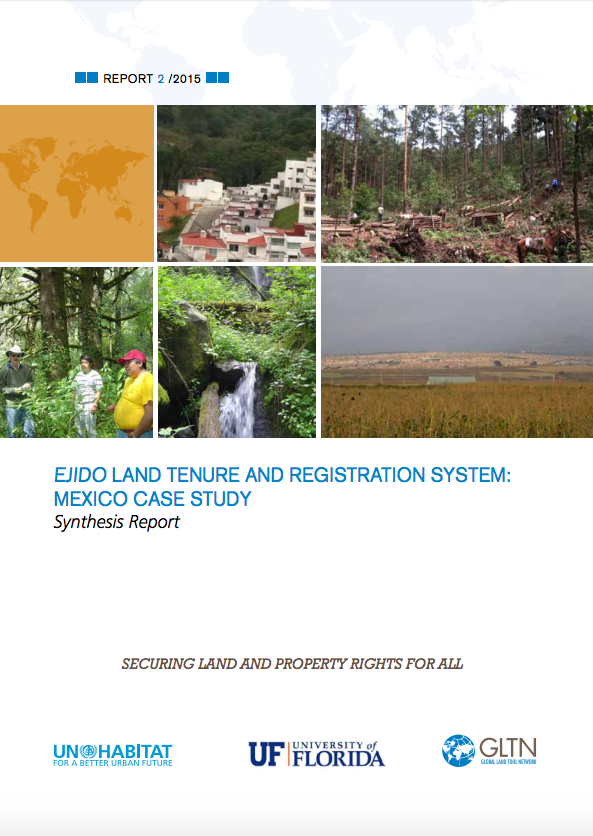Zambia National Resettlement Policy
Government has been implementing the Land Resettlement Programme for over twenty four (24) years, focusing mainly on land resettlement for agricultural purposes without a comprehensive policy and legal framework. This has caused a number of challenges including lack of a coordination mechanism at higher level of Government in the implementation of the land resettlement programme, land disputes and low levels of infrastructure development and service provision in the resettlement schemes.







